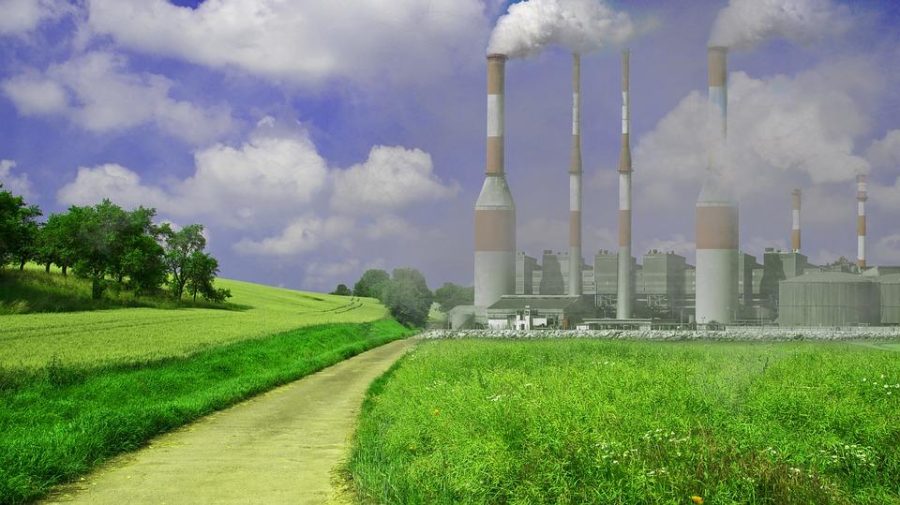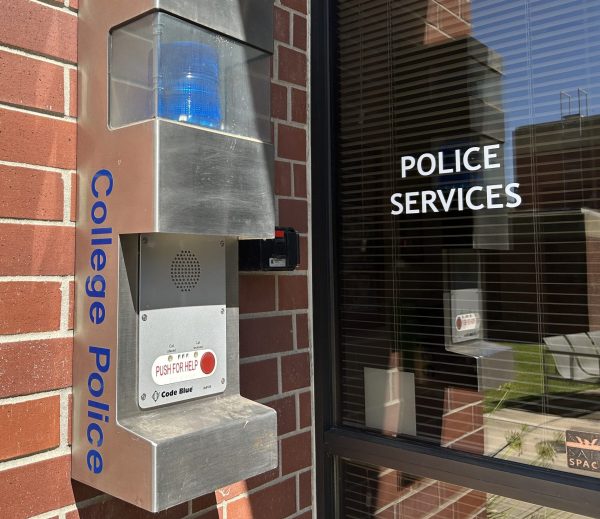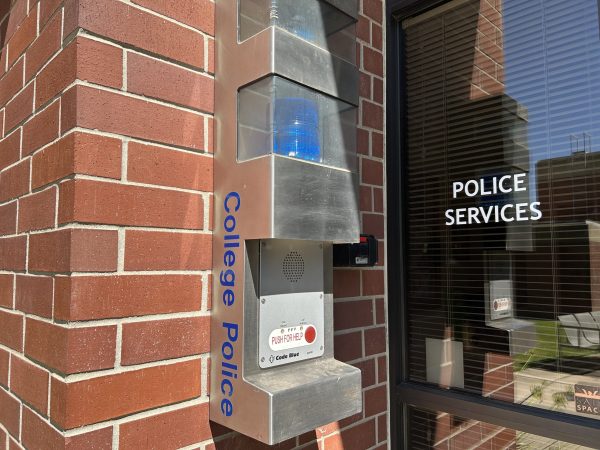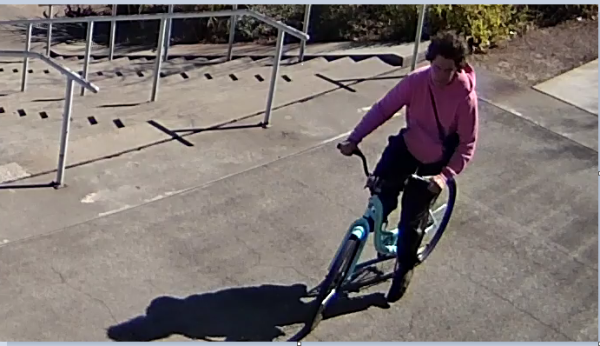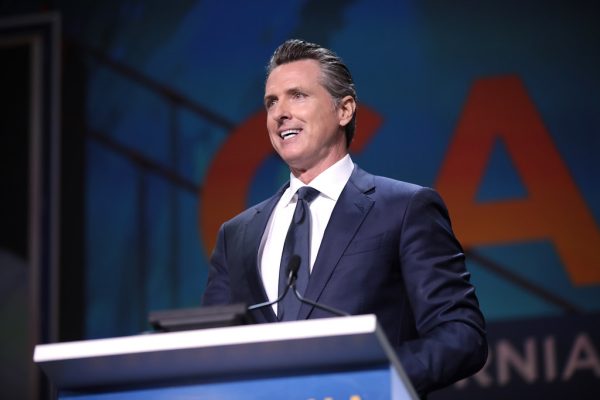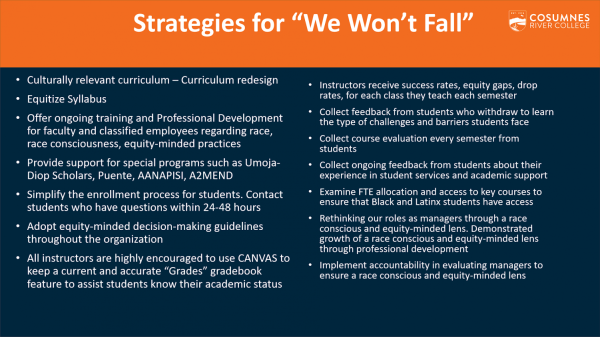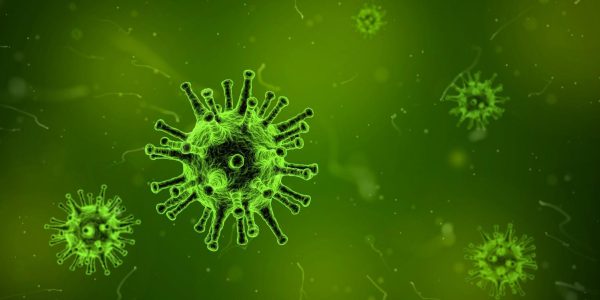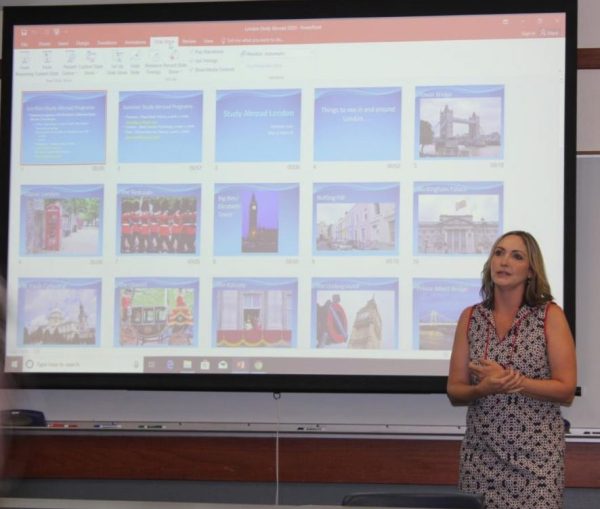The earth is a shared ecosystem and we need to think of it as one
With exquisite scenery, intriguing narration and a spotlight on all the different aspects of our planet, “Planet Earth” and its sequel are a pioneering platform to show people that our planet is beautiful and more alive than we can see. We must continue to keep it healthy and thriving as we continue to call it our home.
The Planet Earth series took its audience through deserts, jungles, mountains, caves, forests and even deep down into the sea. It was able to show us things we’d never seen before and teach us things we didn’t know about. It inspired us to understand that there was a beautiful world out there, and it was ours.
However, what most people don’t see is that this beautiful world will not last if we don’t make an effort to keep it that way.
Climate change, global warming and pollution are harming the planet. This is not uncommon knowledge, but people don’t seem to take this issue as seriously as they should.
Climate change dangers are becoming more and more apparent every year as regions fluctuate from severe droughts to severe flooding in a perilous pattern. According to a New York Times article, 2016 was the hottest year in historical record and the third consecutive record-breaking year regarding rising temperatures. And after five years of recording-breaking precipitation levels, California dams are flooding with more than double the usual precipitation, according to a 2017 report from the Department of Water Resources.
Global warming is melting ice caps and endangering wildlife. National Geographic reports that several animal species are heavily affected by changing temperatures, including polar bears, penguins and even a rare toad that some scientists argue has recently gone extinct due to the effects of climate change.
Pollution is poisoning our air and dirtying our water. According to the EPA, air pollution is the cause of many health problems including issues in the heart and nervous and vascular systems.
And yet, people generally seem to see environmental issues as a stagnant argument between left and right wing politicians.
With our new administration, there has never been a time more important than now to prioritize protecting our planet. The people who have the most power to help our planet do not even believe there is anything wrong with it.
According to his twitter, our President believes that “The concept of global warming was created by and for the Chinese in order to make U.S. manufacturing non-competitive.” We need to realize that it’s up to us to take the initiative to ensure that our home is kept from harm.
We need an appreciation for the planet before we can start protecting it. But it’s hard to appreciate the planet we call home when most of us only see it through the confines of a modernized, industrialized viewpoint. It’s hard to appreciate the sky when it’s blocked by buildings. It’s hard to appreciate wildlife when it’s roadkill on the street.
The “Planet Earth” series showed us what we couldn’t see and couldn’t even imagine. It showed us that this planet is full of life and allowed us to better understand the rhythm of the animals and nature that make up our ecosystem. It can be as equally as bizarre as it is interesting, as stunning as it is dangerous.
And the sooner we can realize this and appreciate the gift of a home we have, the sooner we can understand that preserving it and all that’s in it is an important part of being this planet’s residents.
In the second installation of “Planet Earth,” they included an episode documenting life in a city. It conveyed that human beings are just like any other creature living on earth.
Cities are our habitats and we have a way of life within them to survive the same way polar bears survive in the arctic or lions survive in the savannah. And just as polar bears and lions do not do anything to jeopardize our habitat, we should not do anything to jeopardize theirs.

